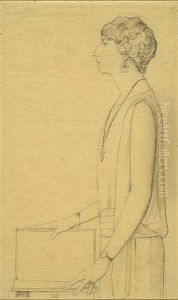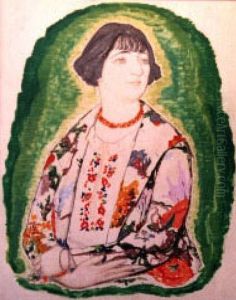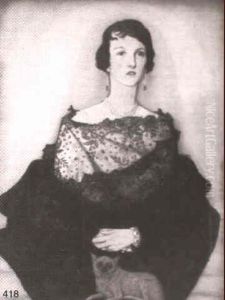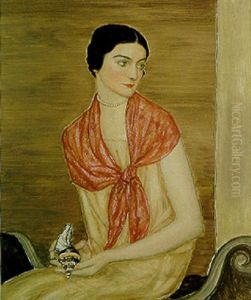Durr Freedley Paintings
Durr Freedley was an American curator, art historian, and artist, whose contributions to the field of art, especially in the realms of folk and decorative arts, left a lasting impact on how these genres are perceived and valued. Born in 1908, Freedley's career was primarily anchored at the prestigious New York Historical Society, where he significantly influenced the appreciation and collection of American folk art during a time when it was largely overlooked by mainstream art historians and collectors.
Freedley's work as a curator and historian was marked by a profound dedication to elevating the status of American folk art, advocating for its recognition not merely as a cultural artifact but as a vital part of the American artistic legacy. His efforts helped to redefine folk art, positioning it within the broader narratives of American art history and contributing to the establishment of folk art as a respected category within museums and academic circles.
Throughout his career, Freedley curated numerous exhibitions that showcased the depth and diversity of American folk art, including textiles, paintings, and decorative objects. His scholarly work, including publications and lectures, reflected his deep engagement with the material and intellectual aspects of folk and decorative arts. His approach was characterized by a keen eye for the aesthetic qualities of folk art, as well as an understanding of its cultural and historical significance.
Freedley's contributions extended beyond his immediate professional sphere; he was instrumental in fostering a community of collectors, scholars, and enthusiasts who shared his passion for folk art. Through his efforts, Freedley not only helped to preserve a vital aspect of America's cultural heritage but also inspired subsequent generations of art historians, curators, and collectors to continue exploring and valuing the rich traditions of folk art.
Durr Freedley passed away in 1969, leaving behind a legacy that continues to influence the field of art history. His vision and dedication played a crucial role in ensuring that folk and decorative arts are celebrated as an essential part of the American artistic patrimony. Freedley's work remains a testament to the power of art to connect us to our past, celebrate our cultural diversity, and enrich our understanding of the human spirit.



